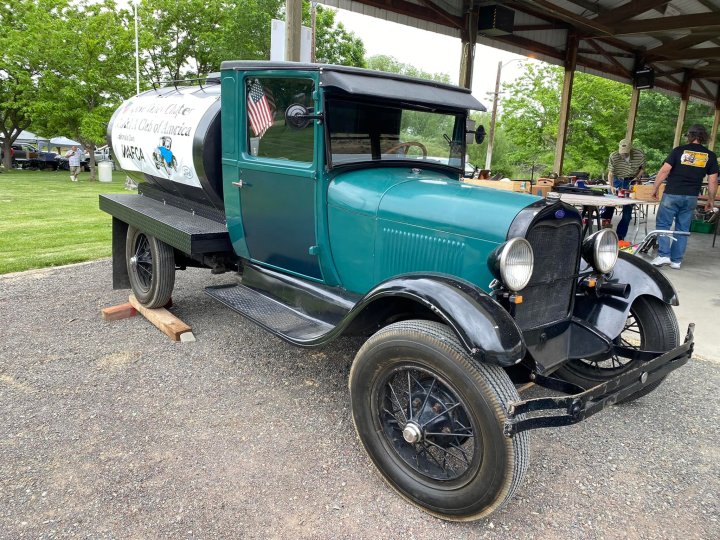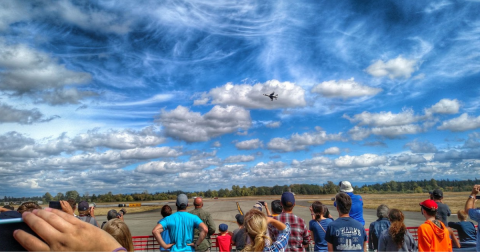According To FBI Statistics, These Are The 10 Most Dangerous Cities In Washington
Statistically, Washington is a very safe place to call home (as well as the best place, in our opinion). But no matter what city or town you live in, you’ll certainly encounter crime now and then – it happens everywhere, unfortunately. Recently, RoadSnacks compiled the most recent FBI data on property crime and violent crime and came up with a list of the most dangerous cities in Washington. That being said, these cities are all still great places to live, so if you call one of them home, we wouldn’t worry. Wherever you reside, just lock your doors, be aware of your surroundings, and enjoy life in the amazing PNW. Let’s take a look at the highest crime rates in Washington state

Get an aerial view of Fife:


Take a driving tour through downtown Tacoma:







What did you think of the most dangerous cities in Washington? Did your city make the list of the worst cities in Washington? Let us know in the comments. It seems as if, on a whole, both violent crime and property crime rates are slowly but surely falling in the Evergreen State. And believe it or not, this is actually a safe place to be when it comes to natural disasters as well.
OnlyInYourState may earn compensation through affiliate links in this article. As an Amazon Associate, we earn from qualifying purchases.
More to Explore
Most Dangerous Cities in Washington
What are the most dangerous towns in Washington?
The most dangerous towns in Washington include:
- Fife
- Toppenish
- Union Gap
In this case, we’ll define towns as places with 15,000 people or fewer. At the time of this writing, some of the most dangerous towns in Washington include the town of Fife, which is a suburb of Tacoma. It has a population of 10,301 people and still experienced four murders in 2020, which is a lot (relatively speaking). Toppenish is another dangerous town in Washington, with a population of 8,792 that saw 6.48 violent crimes per 1,000 residents in 2020. Another less safe place in Washington state is Union Gap, a town of just over 6,200 that saw 3.7 violent crimes per 1,000 residents in 2020.
What are some dangerous places to avoid in Washington?
Some dangerous places to avoid in Washington include:
- Most places at night when alone.
Technically, Washington is one of the more dangerous states in the United States, ranking as #18 in terms of overall crime. It’s got the fourth-highest rate of property crime in the United States, too, but don’t let that scare you away entirely. There are no parts of Washington you must avoid outright; instead, use the buddy system and choose safety or simply visit during the day (or both, which you really ought to be doing anyway). Sure, there are towns listed here with higher crime rates than average, but they aren’t without their positive bits and sights worth seeing.
What are the most dangerous cities in Washington?
The most dangerous cities in Washington include:
- Tukwila
- Tacoma
- Seattle
- Spokane
- Lakewood
Since we defined towns as places with 15,000 people or fewer, we’ll define cities as anywhere with more than 15,000 residents. Washington is a populous state with several large and medium-sized cities, and typically, those places tend to outdo the smaller towns when it comes to crime. In Washington’s case, though, the small town of Fife takes first place while second place is the city of Tukwila, which has a population of 20,483 and a 1 in six chance of being a victim of property crime. Another dangerous city in Washington is the larger metropolitan areas like Tacoma, Seattle, Spokane, and Lakewood.




